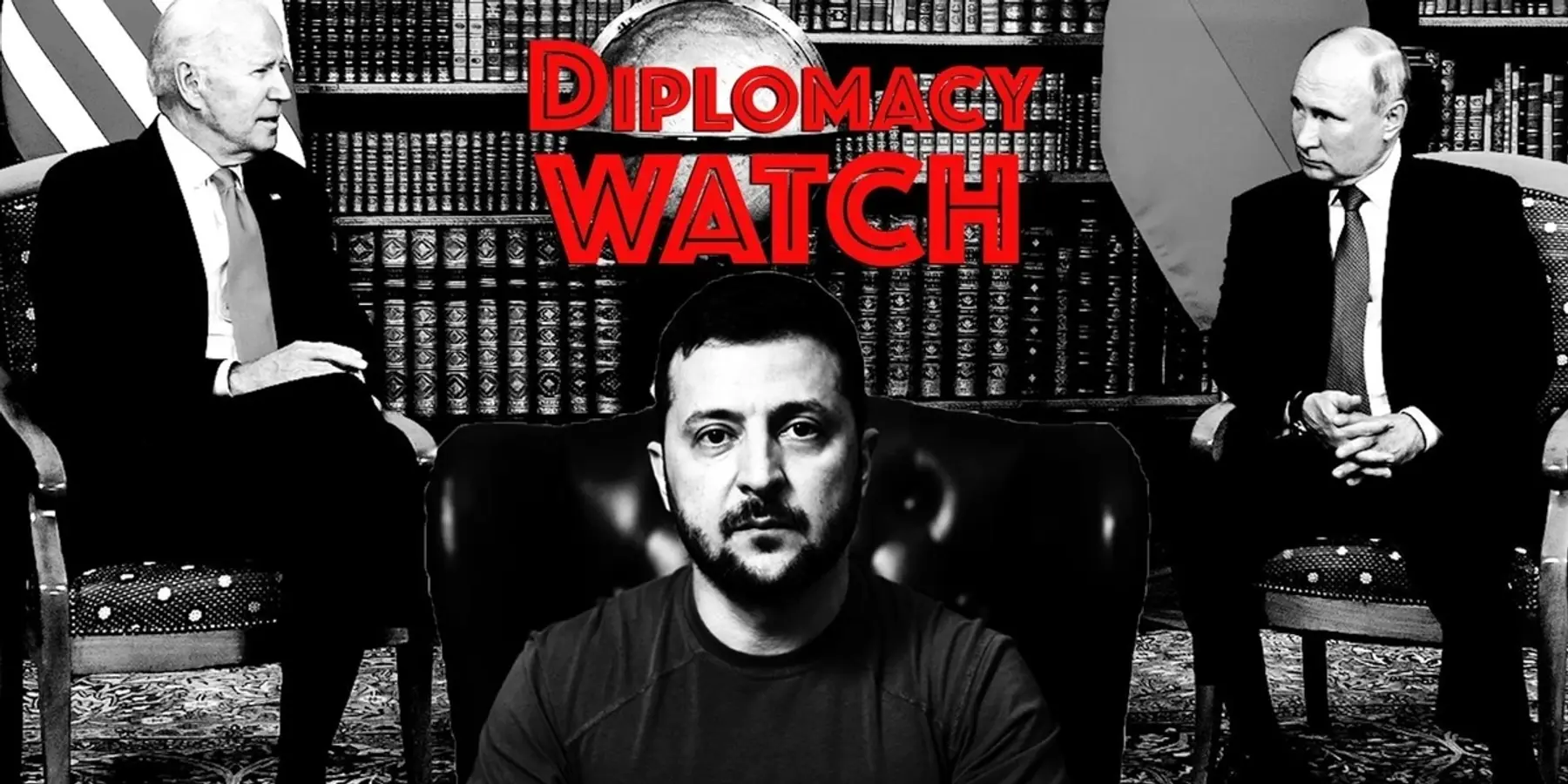Earlier this week, European leaders including newly-minted EU High Representative Kaja Kallas and several prime ministers; including Greece’s Kyriakos Mitsotakis, Italy’s Georgia Meloni, and Finnish PM Petteri Orpo, met in Finland’s Lapland region for the North-South Summit on European security.
A major theme of the meeting: Bolstering Europe’s defenses to counter Russia’s “direct threat.”
"To prevent war we really need to do more on defense. We have to invest in critical capabilities," Kallas said. "Russia poses a direct threat to European security, but security comprises different elements, and they are different in east, south, north and west, but we can tackle these issues if we act together.”
Meloni likewise posited that Russia poses a holistic threat to European Union security, spanning not only defense, but ultimately vis-à-vis politics and society at large.
"We have to understand the threat [from Russia] is much wider than we imagine," Meloni explained. "It's about our democracy, it's about influencing our public opinion, it's about what happens in Africa, it's about raw materials, it's about the instrumentalization of immigration. We need to know it's a very wide idea of security.”
NATO countries “will need to spend more than 2%” of GDP on defense, Mitsotakis concurred at Lapland. “It will become clear, once we interact with the new [U.S.] president, what is the figure that we will agree on within NATO.”
Mitsotakis’ comments echo new NATO Secretary General Mark Rutte’s recent calls for NATO alliance members to commit to Cold War levels of military spending by 2030 — a call that has been critiqued by some, including former diplomat Ian Proud, writing for RS, as undoable and unnecessary relative to the actual threat levels to the alliance today.
Kallas and friends may be doubling down on the Russia threat, however, other European leaders are starting to break ranks.
Notably, Hungarian PM Vitkor Orban emphasized last week that fellow EU leaders must fundamentally change their Ukraine strategy. Indeed, Orban said 2025 would bring about an end to the conflict; “Either it will end with peace negotiations, or one of the warring sides will be destroyed.”
Noting that incoming U.S. President Donald Trump’s re-election “has changed the state of the war,” Orban also argued in a television appearance that the over $300 billion Europe had put into the war effort could have instead bolstered its infrastructure, economy, and military capacities for them all. “European people would be living much better than today,” he charged.
Meanwhile, Slovak PM Robert Fico met with Putin last weekend to discuss the war and Russian natural gas deliveries. The move was quickly and thoroughly slammed by myriad European leaders, some of whom questioned Fico’s political allegiances outright.
“Robert Fico just kissed the ring of a mass murderer in the Kremlin,” Czech EPP MEP Danuše Nerudová wrote on X. “It is a betrayal and another immoral step that will serve Russian interests. Robert Fico is a security risk for us.”
"Leaders observed that Mr. Fico does not want to participate in the common European work on energy independence or seek replacement for Russian gas, but rather wants to assist Russia in pushing American gas and energy resources of other partners away from Europe,” Zelensky said on X. “Implying that he wants to help Putin earn money to fund the war and weaken Europe.”
“Why is this leader so dependent on Moscow? What is being paid to him, and what does he pay with?,” asked Zelensky.
Interestingly, Zelensky’s comments come amid fresh allegations from PM Fico that he’s refused a bribe from Zelensky, worth over $500 million in Russian assets, in exchange for a vote in favor of Ukraine joining NATO.
As European leaders chart paths forward, one constant appears to be discord.
In other Ukraine war news this week:
Six Ukrainian drones hit a residential building in the Russian city Kazan on Saturday, with another hitting an industrial facility, according to Al Jazeera. Putin hinted at possible retaliation in a subsequent statement, saying “Whoever, and however much they try to destroy, they will face many times more destruction themselves and will regret what they are trying to do in our country.”
CNN reported that a Russian ship sunk in the Mediterranean after an apparent engine room explosion on Monday evening. Russian shipping company Oboronlogistika, in charge of Russia’s Defense Ministry cargo, claimed the vessel was bound for Vladivostok, Russia; Ukrainian officials conversely allege the ship was headed for Syria to salvage myriad military materiel following Syrian President Bashar al Assad’s ouster.
Russia launched an energy infrastructure attack against Ukraine on December 25 with over 100 strike drones and 70 ballistic and cruise missiles, according to the New York Times, leading to at least six injuries and one death. Ukrainian air defense teams reportedly intercepted or otherwise disabled many projectiles utilized in the attack, which still caused major energy outages across a war-embattled nation.
In a developing story, Ukraine says its air forces have struck a military facility in Russia’s Rostov region.















